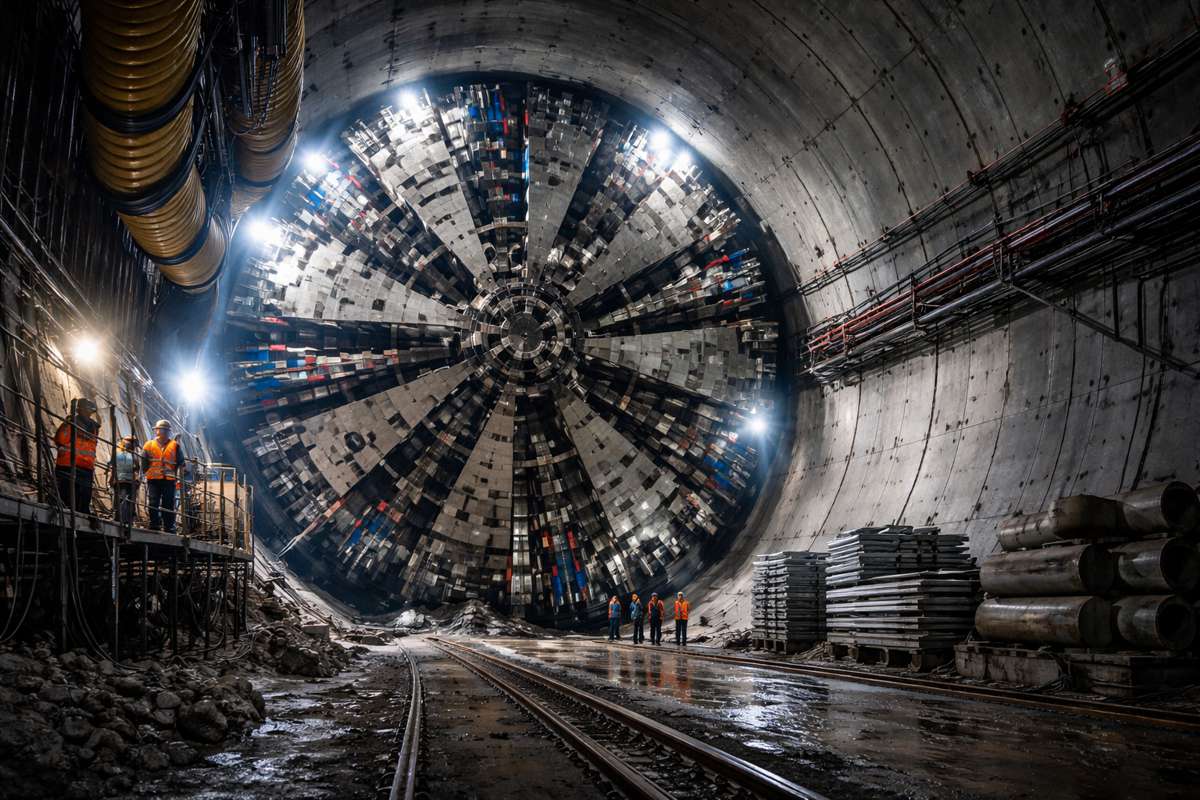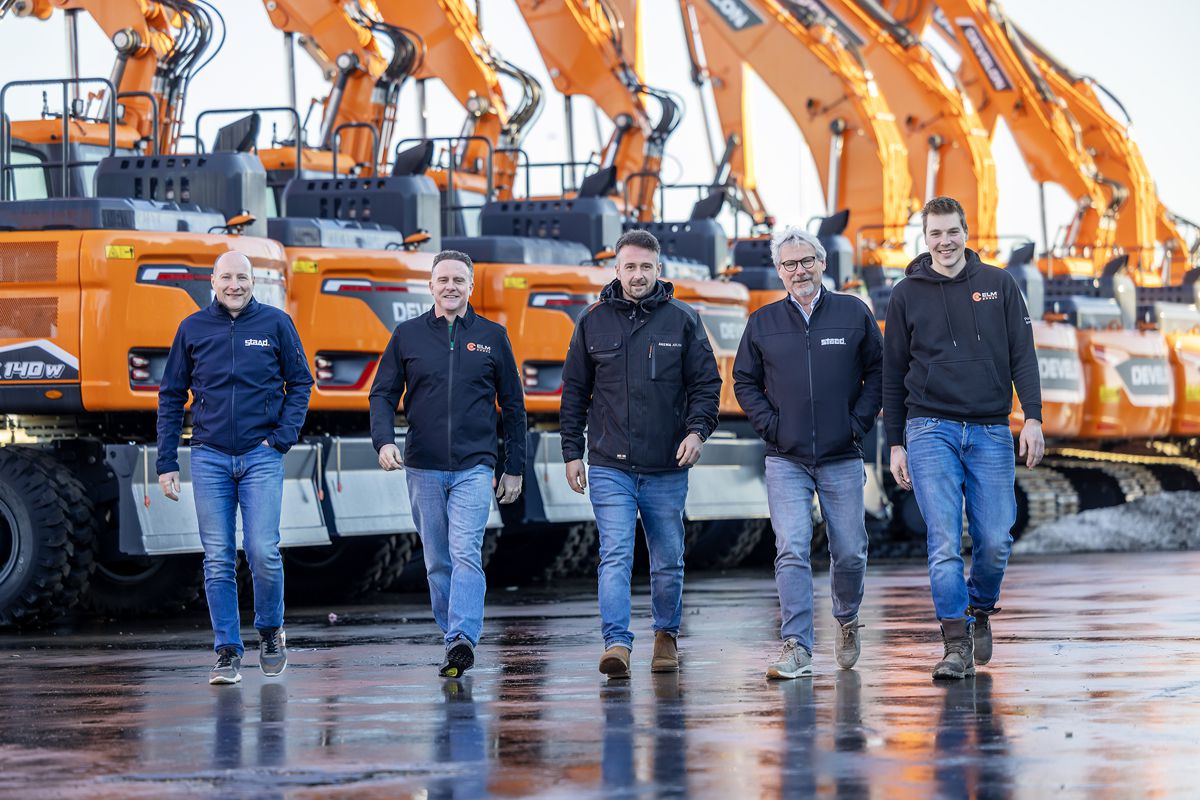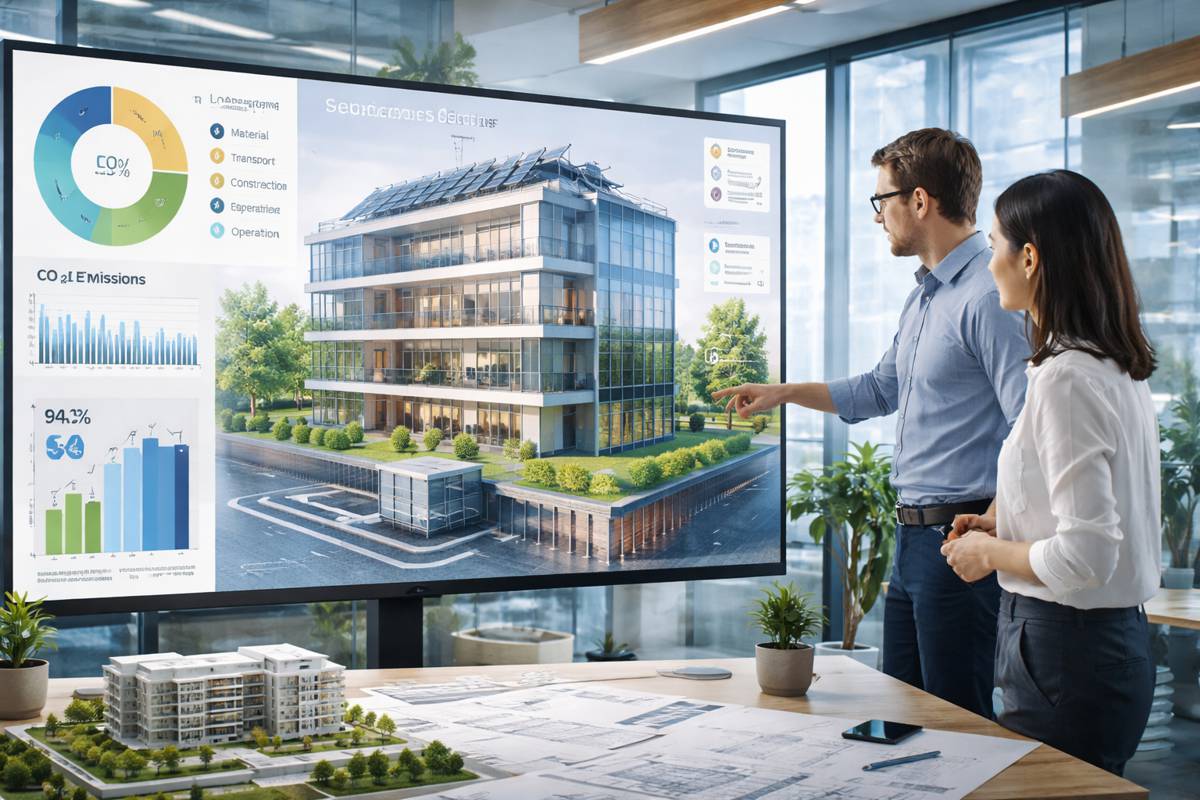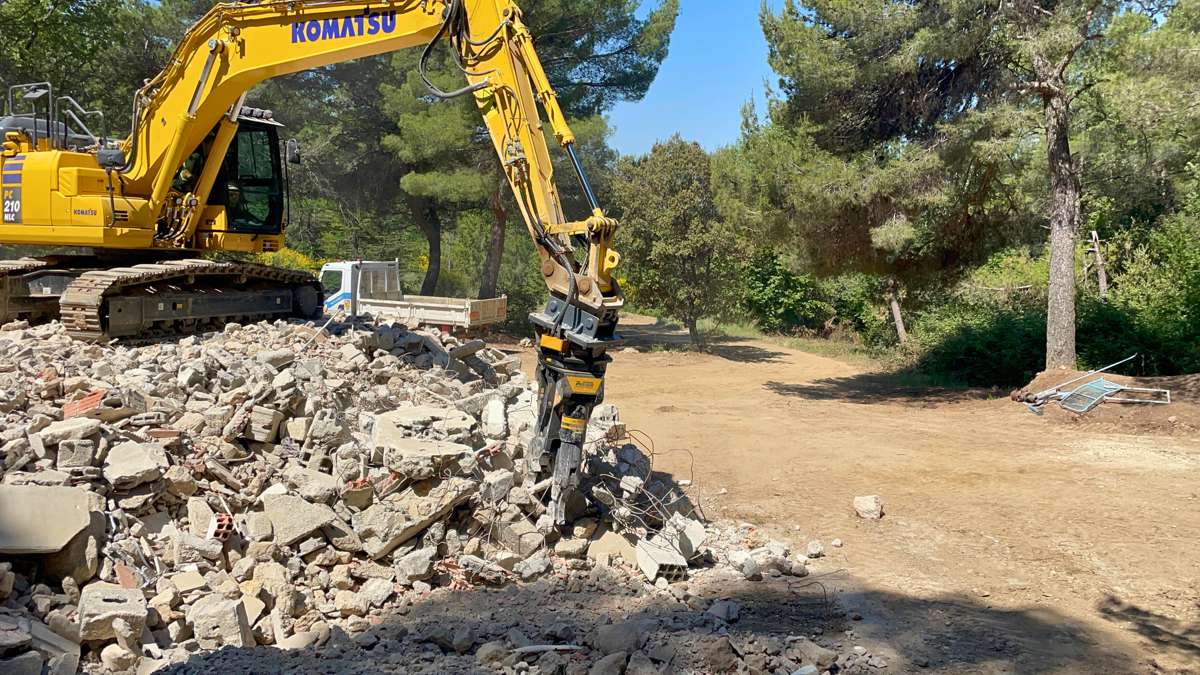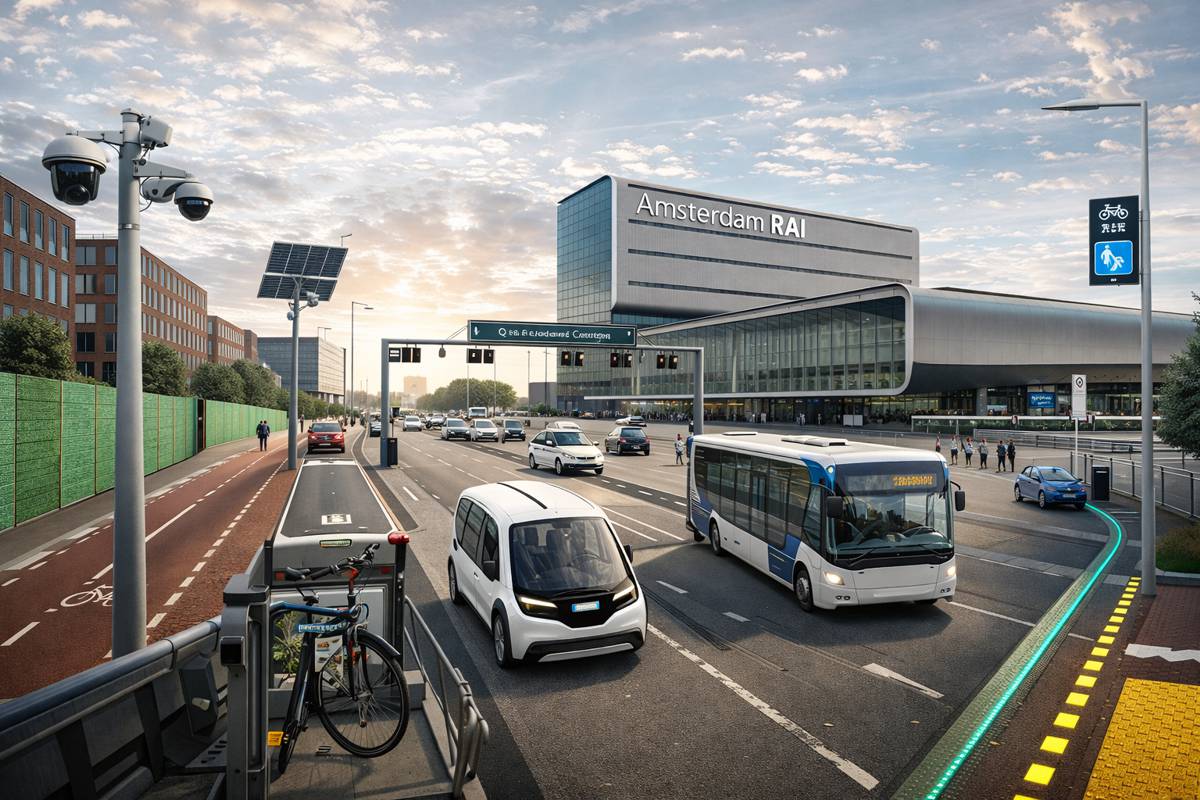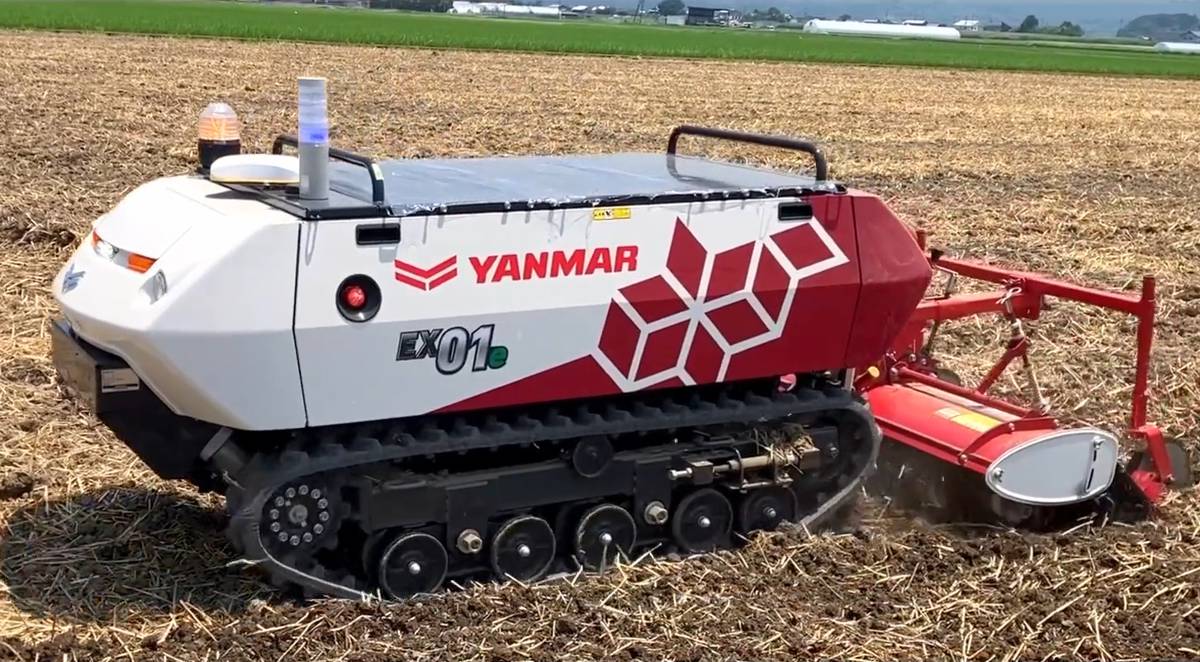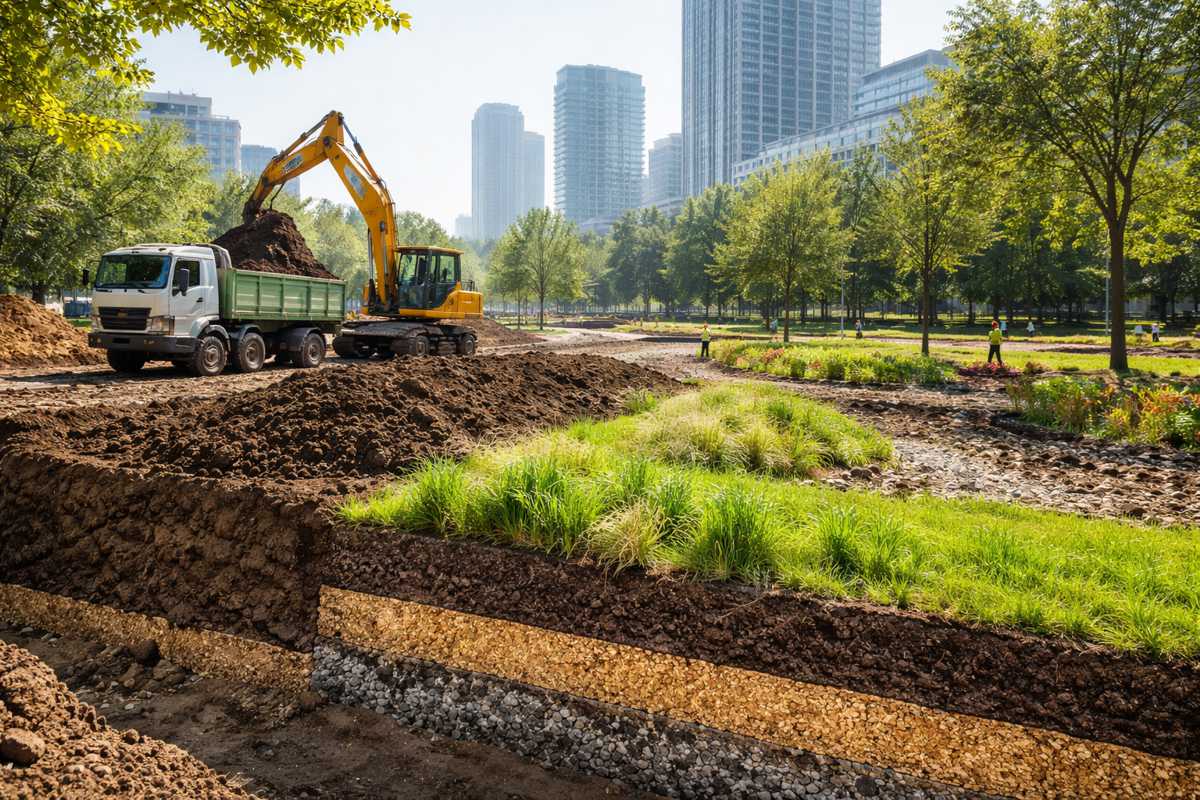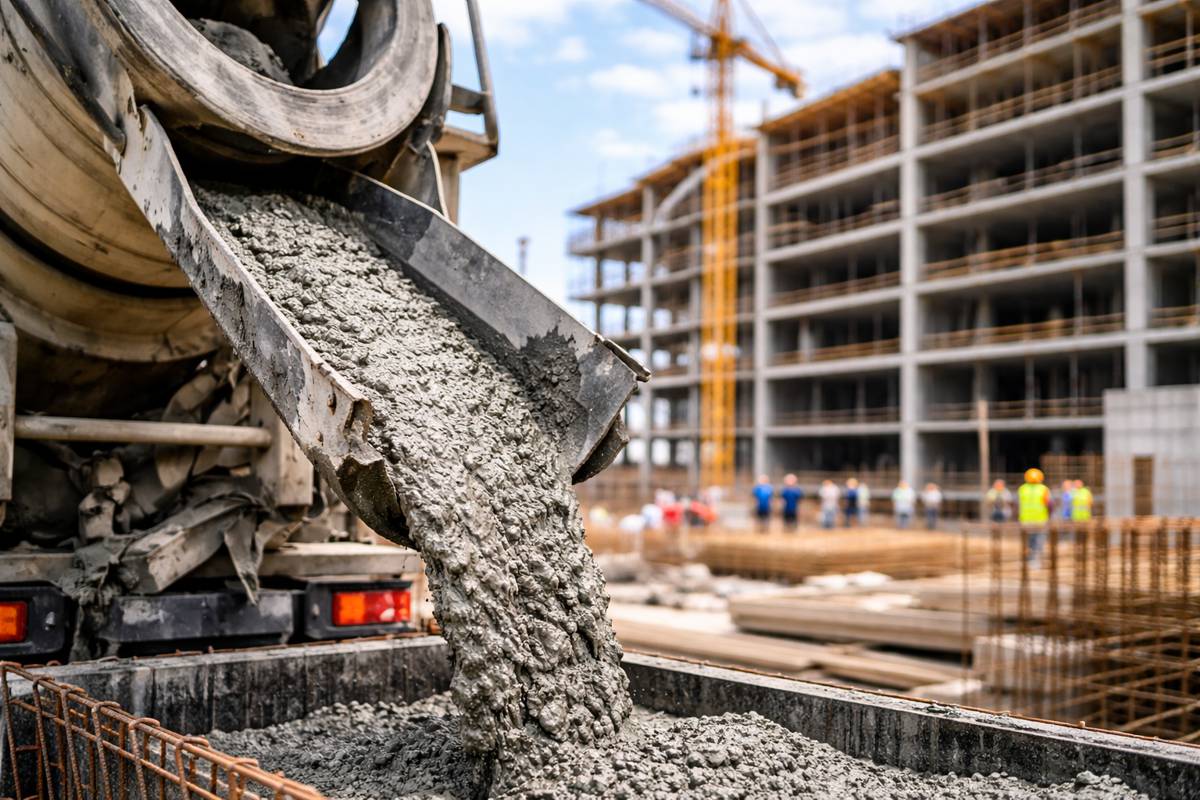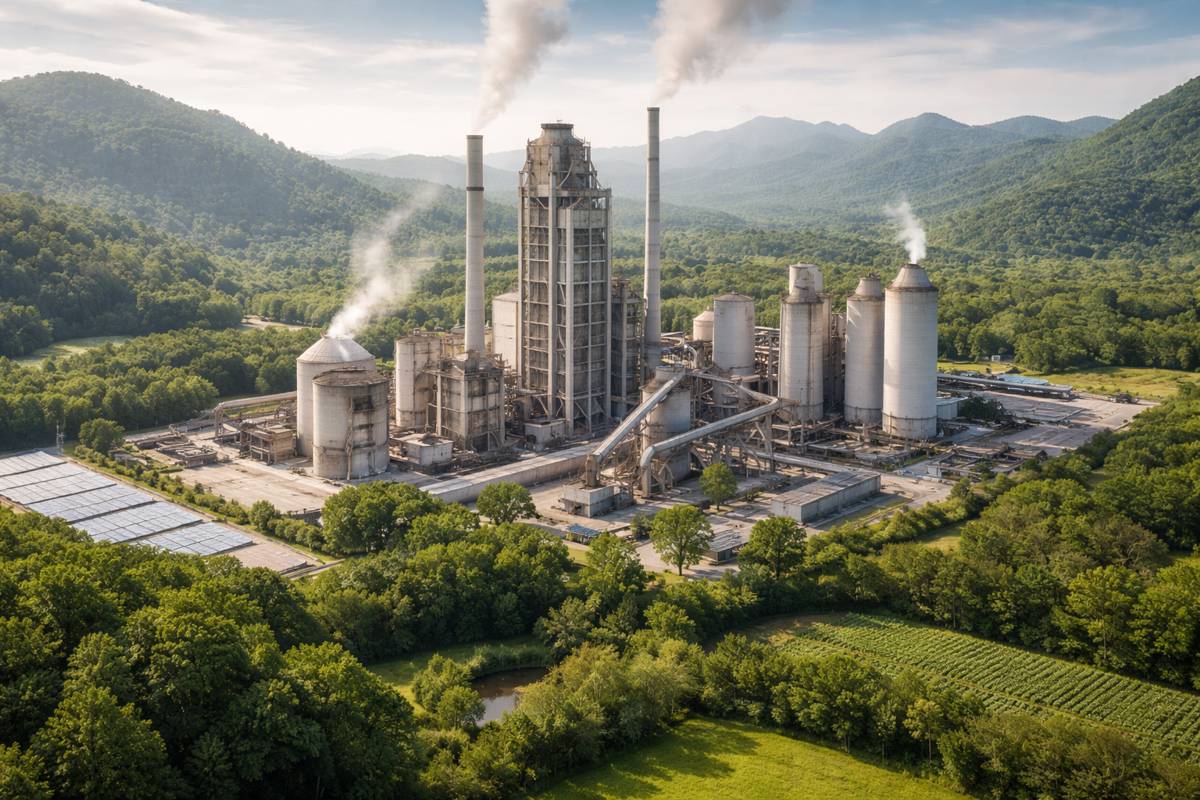MARIN tests floating mega city as a solution to sea level rise and overcrowded cities
This week MARIN (Maritime Research Institute) tested an innovative concept for a floating mega island. The island comprises 87 large floating triangles that are flexibility connected to one another. Together they form a flexible floating island that can be as large as 1 to 5 km in cross-section.
Olaf Waals, project manager and the concept developer: “As sea level rises, cities become overcrowded and more activities are carried out at sea, raising the dikes and reclaiming land from the seas are perhaps no longer an effective solution. An innovative alternative that fits with the Dutch maritime tradition is floating ports and cities.”
MARIN tested the first scale model of a mega floating island in its Offshore Basin in a storm of waves, wind and currents
Floating mega islands offer future-proof living and working space at sea for:
- Developing, generating, storing, and maintaining sustainable energy (offshore wind, tidal energy, wave energy and floating solar panels);
- Loading and transhipping cargo in coastal areas where there is little infrastructure;
- Cultivating food, such as seaweed and fish;
- Building houses and recreation close to the water.
These types of solutions are part of the Blue Future in which the seas and oceans (70% of the earth’s surface area) are used sustainably.
The technological challenges are enormous. How do we develop floating mega structures that are strong and safe enough to withstand winds and currents? How can these systems be connected together and to the seabed? What is the extent of an island’s motion, and what effect does this have on the people who live and work on the island? How can we organise traffic and transport?
But there are also ecological issues. What is the effect of a large floating community on the water under and around it? How can we make the system cyclic in terms of water, energy, raw materials and waste?
MARIN is carrying out this research using computer simulations and model tests in its Offshore Basin (40 x 40 m) in which wind, waves and currents can be simulated at scale.






















